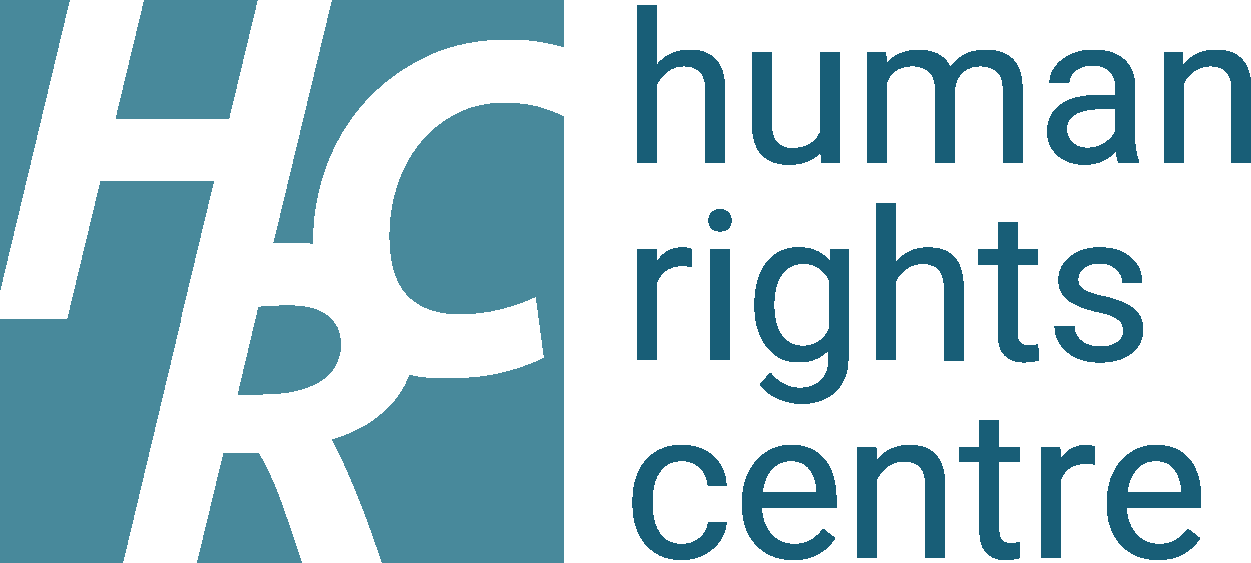With reference to human rights law, critically assess what it means/should mean to have a piece of evidence declared inadmissible
Needless to say, having evidence being declared inadmissible can be devastating to a case. Two cases which ended up before the European Court of Human Rights due to the inadmissibility being contested are Cwik v Poland and R.B. v Estoni. In Cwik, the ECtHR agreed that the tape of the interrogation by a gang of a person whom they had kidnapped and physically abused had to be excluded. In R.B., the ECtHR reached the opposite conclusion in respect to the testimony of a four-year-old that she had been raped by her father, testimony which had been excluded for procedural breach because she had not sworn to say the whole truth and had not been informed of her rights. This project will investigate different scenarios of when a piece of evidence is declared inadmissible. Possible lines of investigation include: What does the theory say should happen and does it happen? When an exclusion is declared how far does it go? For example, may the record that the evidence was excluded still influence the decision of a judge or jury? Do different jurisdictions apply different standards and, if so, are all these reasonable or not? Depending on the inclination of the author of the dissertation, this project may be more theoretical/doctrinal/philosophical or more empirical/case law based.
